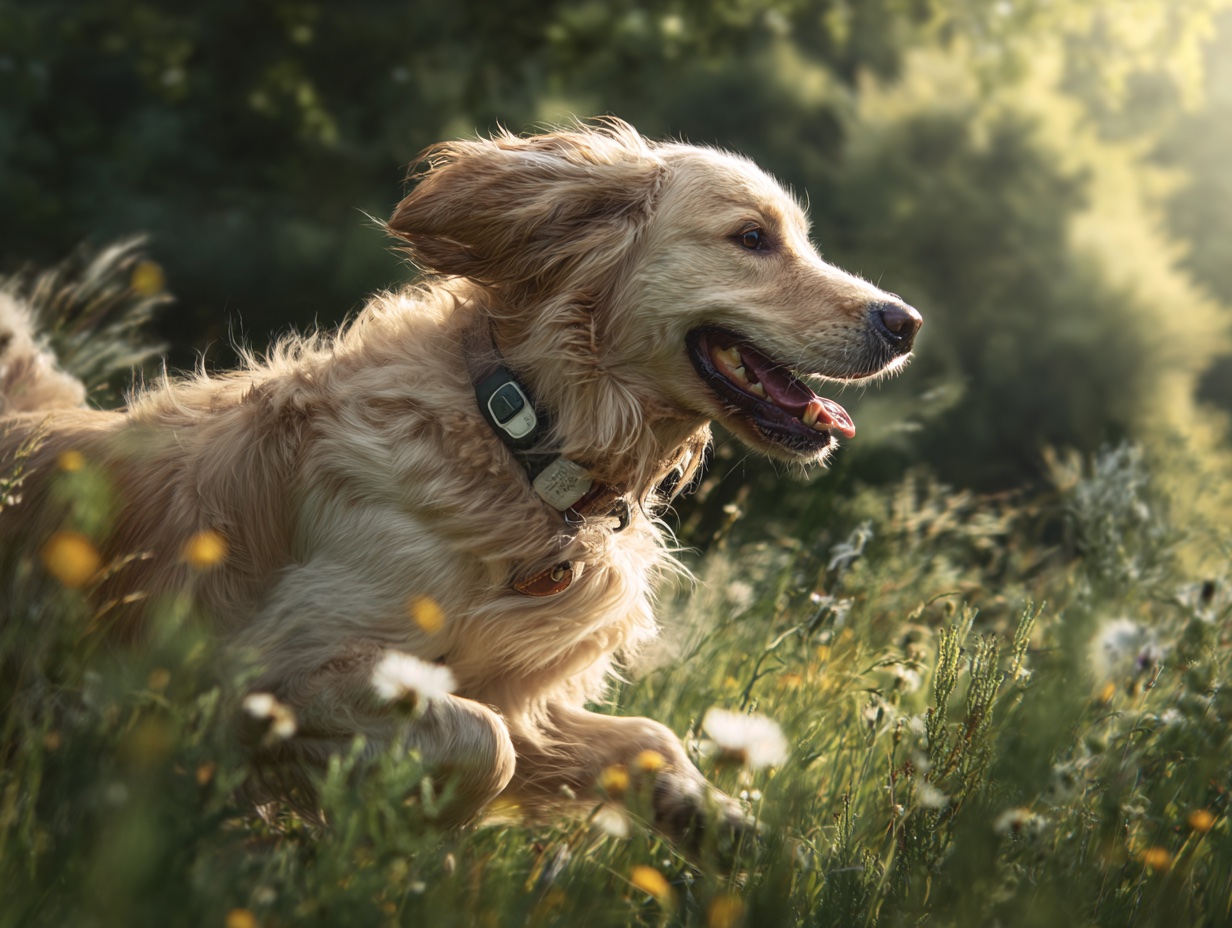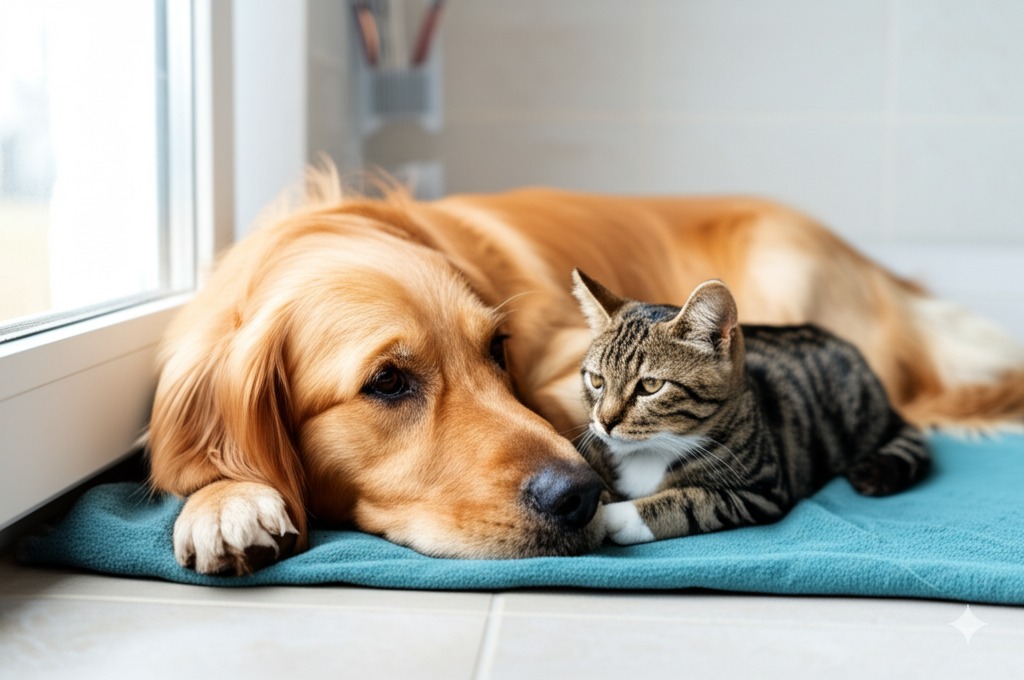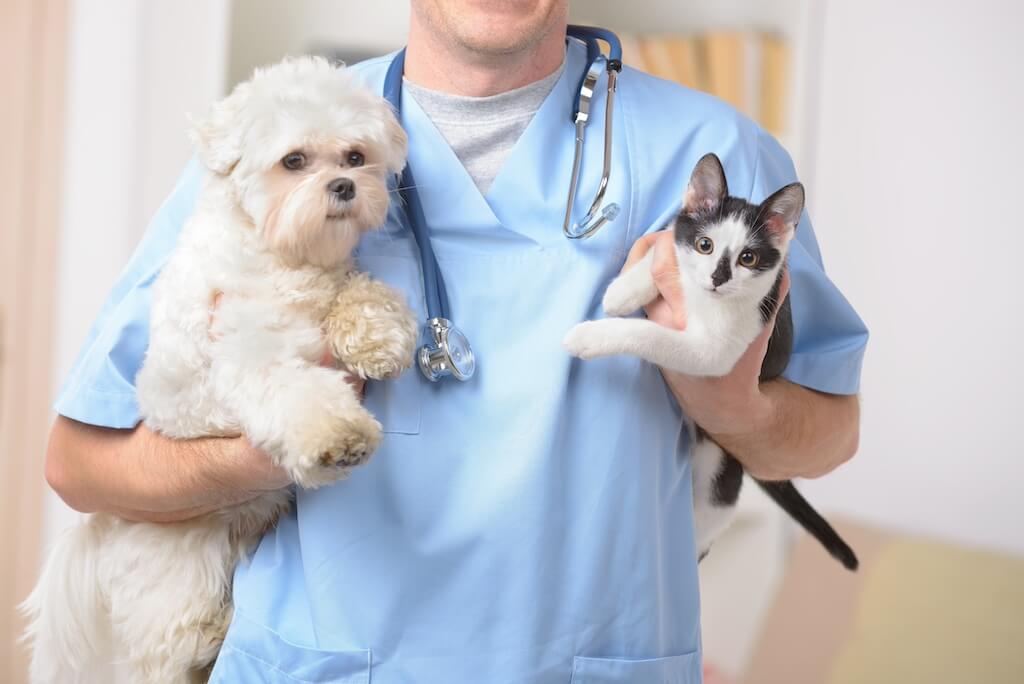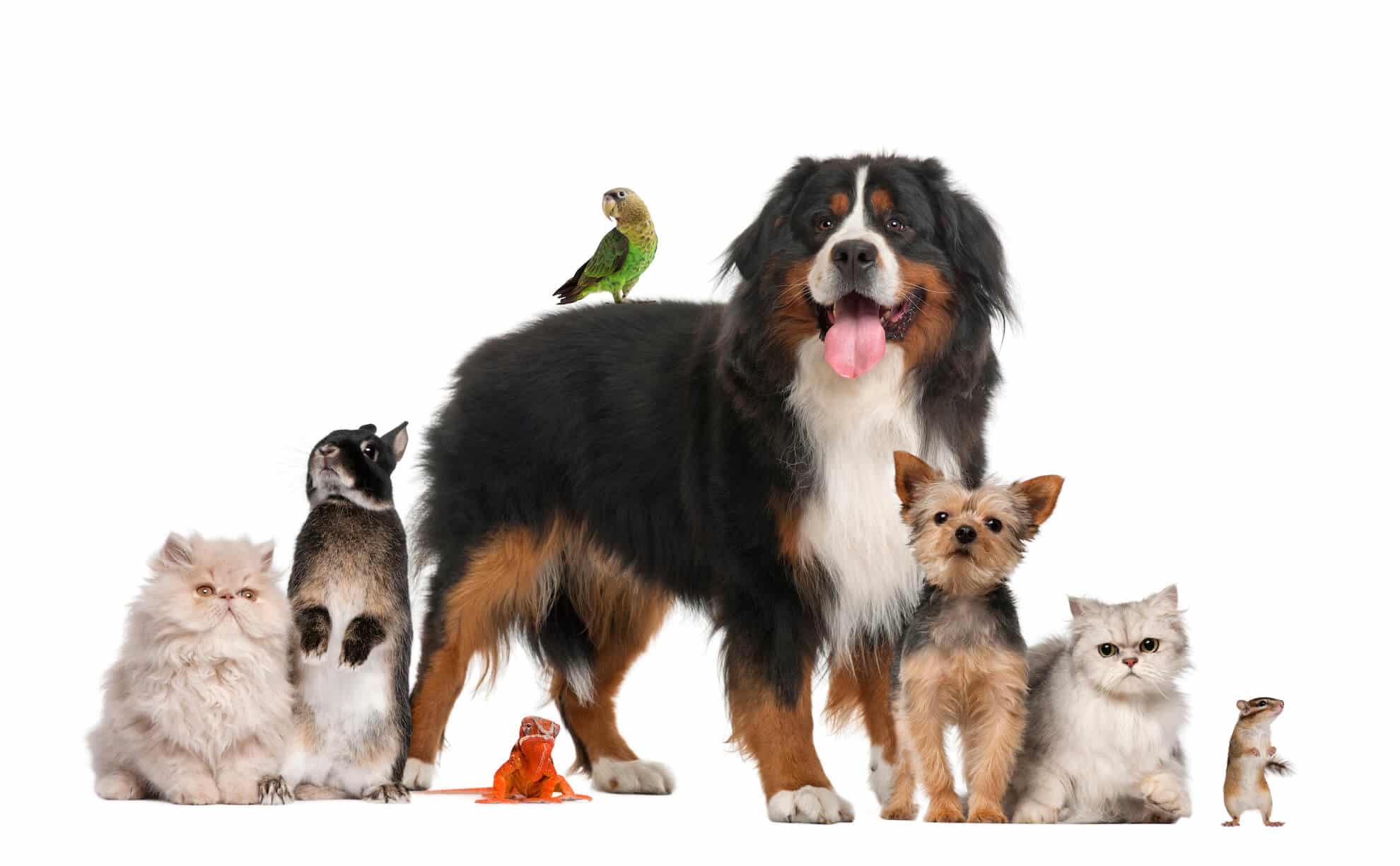Dog Dental Care: Unique Canine Concerns
Langley Animal Clinic2024-02-02T01:24:03+00:00Dog Dental Care: Essential Guide for Pet Owners
Dog Dental Care: Addressing Canine-Specific Issues
Dog owners are often told that their furry friends can have dental issues “just like us,” and that proper oral care is as important for them as it is for any human family member. While this is true, it’s not to say that they don’t have their own concerns or unique needs. Understanding the dog dental health needs of your dog and warning signs to look for can help to identify problems when they arise. Learn more about dog dental care services we offer.
Periodontitis and Gingivitis
While tooth decay is the most common dental issue faced by humans, the number one dental disease among dogs is periodontal disease, which encompasses both periodontitis and gingivitis. Discover how we address these issues with professional dental cleaning.
Signs of gum disease in dogs include:
- Bad Breath (Halitosis). Persistent bad breath is frequently a sign of early gum disease.
- Bleeding Gums. Red gums typically indicate inflammation and chewing or brushing may cause them to bleed.
- Excessive Drooling. Many dogs drool at least occasionally, but an increased or excessive amount of drooling may be an indication of discomfort.
- Visible Tartar Buildup. Plaque and tartar may appear as yellow or brown deposits on the teeth and can be an early sign of problems to come.
- Changes in Eating Habits. Dogs that are experiencing dental pain may start to avoid hard food, as it causes pain while chewing.
Some means of treating or preventing gum disease include:
- Regular Dental Checkups. Regular dental checkups are a critical part of early detection. Visit our clinic for regular dental checkups.
- Professional Dental Cleaning. Veterinarians can perform a more thorough cleaning than is possible at home, removing plaque and tartar. Learn about our professional dental cleaning services.
- At Home Dental Care. While professional cleanings are more effective, at-home measures such as regular brushing, dental chews, and an appropriate diet are also important in preventing gum disease.
Endodontic Disease in Dogs
Endodontic disease can be the result of severe trauma to the tooth, deep cavities, or untreated dental fractures, and involve the inner parts of the tooth, affecting the pulp and root canal. Explore our advanced dental treatments for endodontic disease.
Signs of Endodontic Disease include:
- Tooth Discolouration. Pulp damage may result in a change in the colour of the tooth.
- Swelling. An infected tooth may cause swelling in the jaw or around the eyes.
- Pain and Discomfort. A dog experiencing discomfort may refuse to eat or play with toys.
- Root Canal Therapy. A root canal may be able to save a damaged tooth in some circumstances. Check out our root canal therapy options.
- Tooth Extraction. If the tooth is severely affected,
Developmental Abnormalities
Certain dog breeds are prone to specific dental issues as a result of developmental abnormalities. Pugs and bulldogs, for example, might suffer from dental crowding due to the unique anatomy of their faces. This can lead to misalignment and other, more serious complications.
Signs to watch for include:
- Misaligned Teeth. One of the common signs of developmental issues is misaligned teeth.
- Difficulty Chewing. Dogs with developmental abnormalities may have trouble chewing or express a preference for soft food.
Injury and Trauma
Dogs may suffer dental trauma as a result of accidents or injuries. Some common injuries include fractured teeth and dislocated jaws. If these issues are not corrected, they can have serious long-term implications.
Signs of injury and trauma may include:
- Difficulty Eating. Dental injury can result in difficulty eating due to pain or discomfort.
- Visible Tooth Fractures. A tooth that is visibly chipped or broken requires immediate attention from your veterinarian.
- Bleeding From the Mouth. Signs of bleeding from the mouth should always be investigated.
Prevention is obviously preferable to treatment. Supervise your dog during playtime and avoid letting them play with objects that could damage their teeth. If injury does occur, however, treatment will likely include emergency medical care. For more details on how we can help, visit our emergency dental care services.
Breeds Susceptible to Dental Issues
As mentioned above, pugs and bulldogs are prone to developmental abnormalities, but they aren’t the only breeds that are susceptible to particular problems. Toy and small breeds tend to experience periodontal disease due to smaller mouths and comparatively large teeth that may become crowded, creating the perfect environment for bacteria.
Some other breeds, such as dachshunds and collies, have narrow, elongated snouts, as do whippets, greyhounds, and certain others. These breeds also face dental problems due to bacteria having places to hide. This makes proper dental habits an important part of their care.
Affordable Dental Care for Dogs
The best investment in your dog’s dental care is preventative measures. Regular checkups and proper care at home can help to avoid costly dental procedures that result from advanced dental issues. For an overview of our services and pricing, visit our procedure pricing page.
Understanding the dental needs of your dog allows you to protect their teeth or at the very least, spot signs of a problem before it escalates too far. Your vigilance and care can help prevent the pain and discomfort that come with dental problems.
For more information, or to schedule a checkup online, please contact Langley Animal Clinic today.




